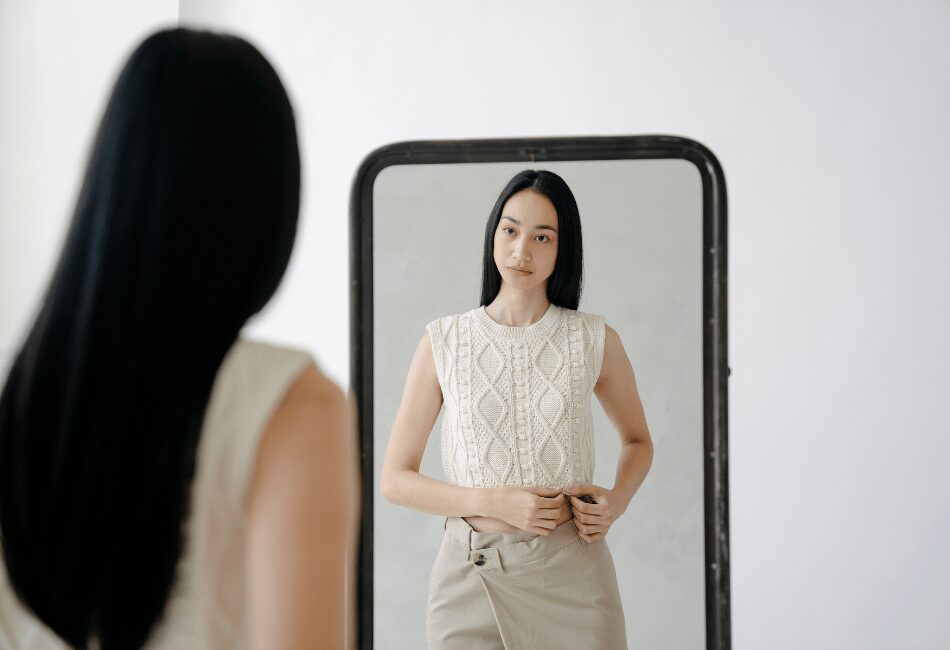Islamabad, Sep 25: Unrealistic beauty standards, perpetuated by media and cultural influences, have a significant impact on mental and physical health.
These standards often lead to low self-esteem, eating disorders, anxiety, and depression, affecting both men and women. Social media plays a major role, showcasing unattainable beauty ideals and promoting harmful comparisons.
However, various coping strategies can help, such as body image therapy, managing social media consumption, and seeking professional help. These approaches foster self-acceptance, reduce negative body image, and promote mental well-being, encouraging a healthier relationship with one’s appearance.
Beauty standards are shaped by societal expectations, often measuring attractiveness by body shape, size, and facial features.
These ideals can affect how individuals view themselves, creating pressure to conform. Studies show that awareness of these standards is linked to lower self-esteem, even when physical fitness is not a factor.
In more severe cases, beauty ideals contribute to eating disorders, with factors like body dissatisfaction and perfectionism playing key roles. Both men and women can suffer, though women tend to experience higher levels of appearance anxiety and depression due to societal pressures.
Coping strategies, like body image therapy, can help challenge irrational thoughts about one’s body, improving self-acceptance.
Managing social media consumption is also crucial to limiting exposure to unrealistic ideals. Seeking help from a mental health professional provides guidance in managing emotions and external influences, fostering body positivity and mental well-being.









